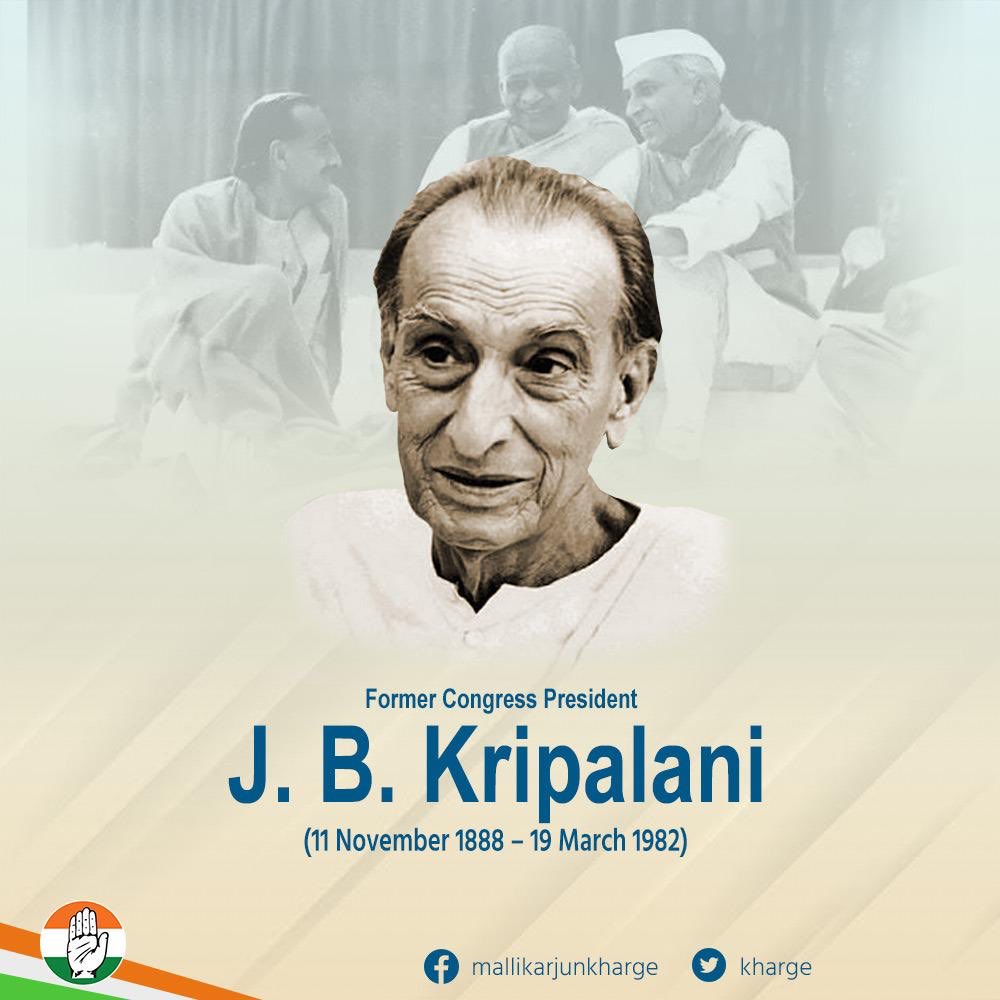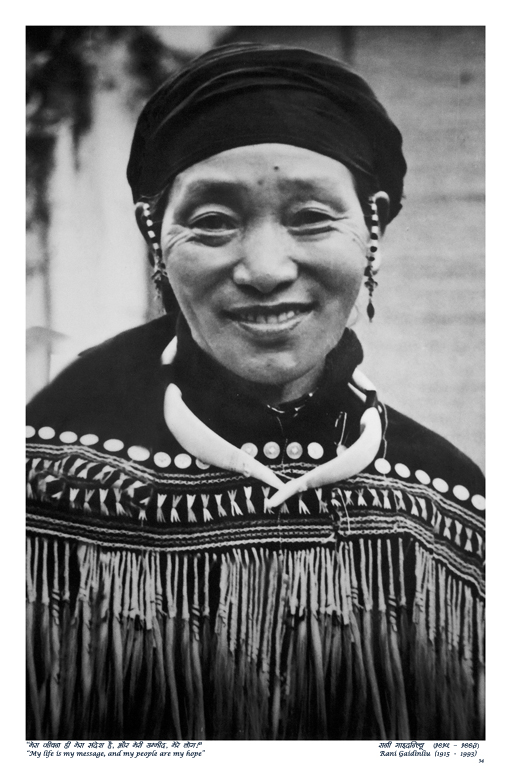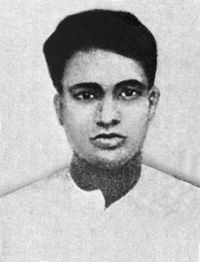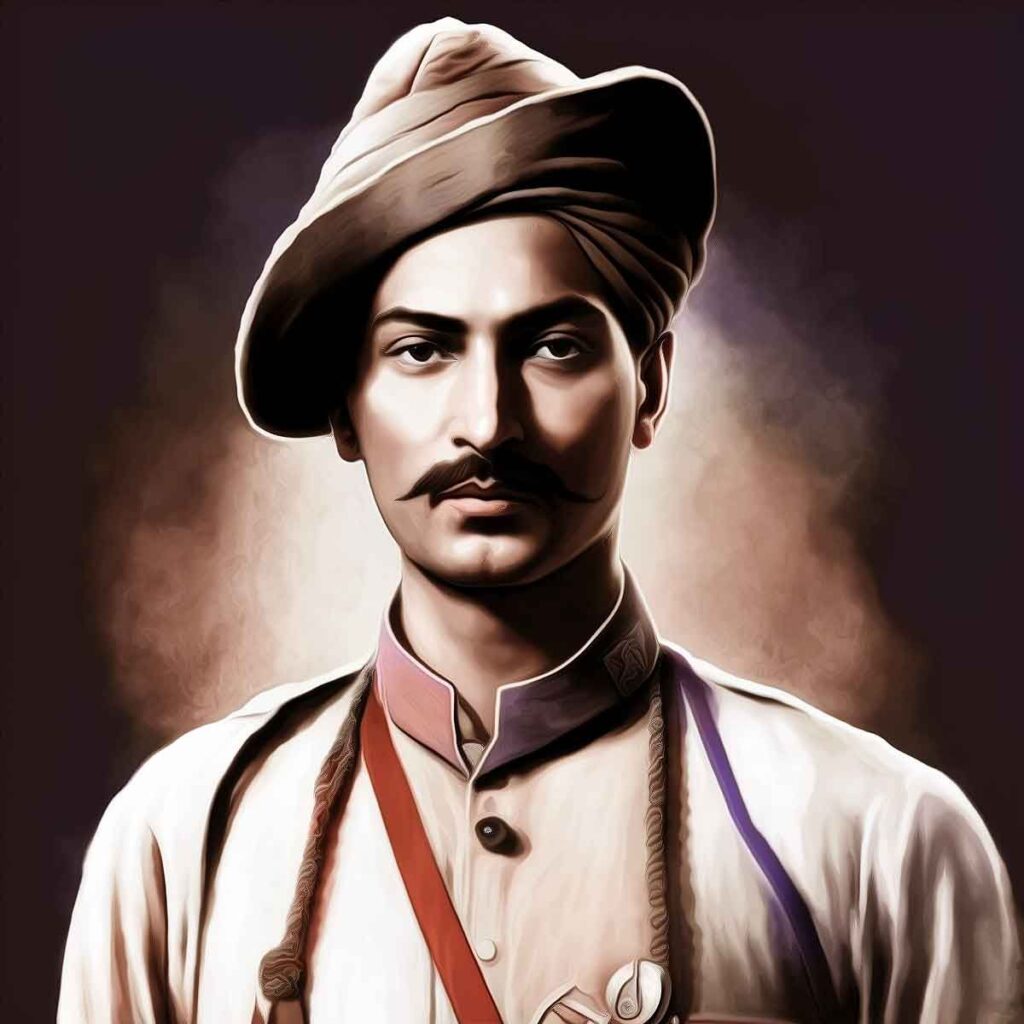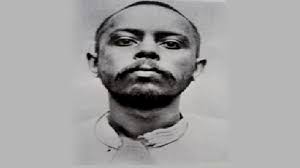Vinayak Damodar Savarkar, commonly known as Veer Savarkar, was a prominent figure in the Indian independence movement and a prolific writer, poet, and political leader. Here’s a summary of his life:
- Early Life: Savarkar was born on May 28, 1883, in the village of Bhagur in Maharashtra, India. He came from a family with a history of political activism and patriotism.
- Education: He pursued his education in India and then traveled to England for further studies. While in London, he became actively involved in the Indian independence movement and joined various revolutionary organizations.
- Political Activism: Savarkar was a staunch advocate of complete independence for India from British rule. He founded the Abhinav Bharat Society, which aimed to overthrow British colonial rule through armed struggle.
- Arrest and Incarceration: In 1909, Savarkar was arrested in London for his involvement in revolutionary activities and was extradited to India. He was sentenced to life imprisonment for his alleged role in the assassination of British officials.
- Imprisonment: Savarkar spent several years in various British prisons, including the infamous Cellular Jail in the Andaman and Nicobar Islands. During his imprisonment, he wrote extensively on Indian history, philosophy, and the concept of Hindutva.
- Hindutva: Savarkar is credited with popularizing the term “Hindutva,” which he described as the essence of being Hindu and the cultural and national identity of India. His writings on Hindutva had a significant influence on Hindu nationalist thought in India.
- Release and Later Life: Savarkar was released from prison in 1924 on the condition that he renounce revolutionary activities. He continued to be involved in political activism and worked towards Hindu unity and social reform.
- Controversies and Legacy: Savarkar’s legacy is a subject of controversy, with some regarding him as a freedom fighter and patriot, while others criticize his ideology and political beliefs. Nevertheless, he remains a significant figure in Indian history, particularly for his contributions to the Indian independence movement and the development of Hindu nationalist thought.
- Death: Vinayak Damodar Savarkar passed away on February 26, 1966, leaving behind a complex and multifaceted legacy that continues to be debated and discussed in contemporary India.


